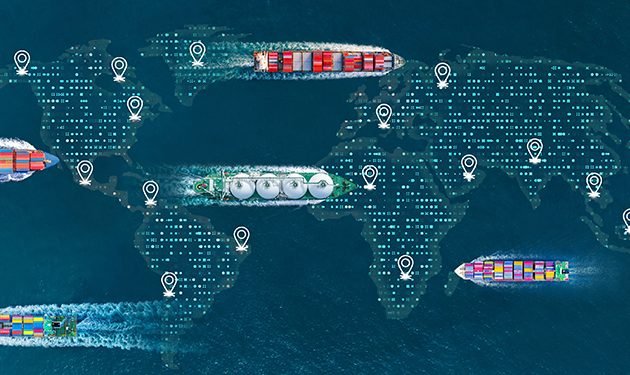Geopolitical shifts have always played a crucial role in shaping global trade routes and supply chains. As 2025 progresses, new trade agreements, tariffs, and regional conflicts are dramatically redefining the logistics landscape, compelling businesses to adapt and innovate.
Key Geopolitical Trends Impacting Supply Chains
- Trade Realignments:
- Shifts in U.S.-China relations are prompting companies to diversify their sourcing strategies, aiming to reduce reliance on Chinese manufacturing.
- Regional trade agreements such as the CPTPP (Comprehensive and Progressive Agreement for Trans-Pacific Partnership) and RCEP (Regional Comprehensive Economic Partnership) are boosting intra-Asia trade, establishing Southeast Asia as a growing logistics hub.
- Economic Sanctions:
- Sanctions imposed on major exporters like Russia are disrupting global energy and commodity flows, leading to higher costs for transportation and manufacturing industries.
- Border Regulations:
- Enhanced customs policies and increased scrutiny are extending shipping times and complicating cross-border trade, requiring businesses to adjust their logistics operations.
Impacts on Supply Chains
- Rerouting Trade:
- Companies are identifying alternative routes and ports to mitigate risks associated with geopolitical instability.
- Increased Costs:
- Tariffs and longer transit times are inflating operational costs, encouraging businesses to optimize their supply chain strategies.
- Supply Chain Resilience:
- A growing emphasis on resilience has sparked investments in digital tracking tools and AI-driven risk assessment models, enabling real-time decision-making.
Strategies for Adaptation
- Diversification:
- Expanding supplier networks across multiple regions reduces dependency on a single market, increasing flexibility in uncertain times.
- Technological Integration:
- Advanced analytics and predictive modeling tools empower businesses to anticipate and respond to geopolitical changes proactively.
- Collaboration:
- Partnering with trade associations and policymakers helps businesses remain informed and compliant with evolving regulations.
Looking Ahead
As geopolitical dynamics continue to shift, adaptability will remain the cornerstone of effective supply chain management. Businesses that emphasize flexibility, innovation, and collaboration will be better equipped to navigate the complexities of the global logistics landscape.
This article explores the influence of geopolitical events on supply chains in 2025. Stay connected with The Logistic News for more updates on global trade and logistics trends.
#GeopoliticalTrends #GlobalLogistics #TradePolicies #SupplyChainResilience #LogisticsNews























